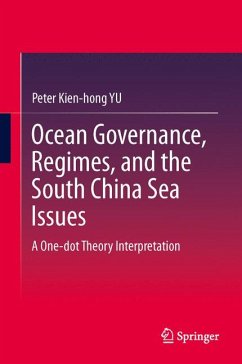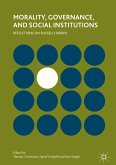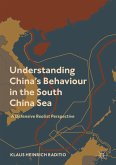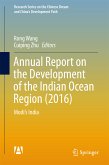This book uses Chinese version of dialectics to present interpretations of ocean governance, international regimes, issues in the South China Sea in general and the Chinese U-shaped line in particular, through the one-dot theory. It especially serves as a tool for non-Chinese researchers and experts interested in analyzing international relations issues from a Chinese perspective. The dialectical one-dot theory, which is a superior model to the dialectical Yin and Yang or the dialectical crab and frog motion model, provides research and findings that more closely mirror reality than do other, non-dialectical approaches and research methods. Further, it can be applied to both the natural and social sciences. The book is divided into three parts - Methodology, Case Studies Related to International Regimes and Non-"International Regimes," and Issues Related to the U-shaped Line in the South China Sea - with each chapter structured in terms of the one-dot theory. In addition to researchers and experts involved in marine and maritime affairs, this book will also appeal to all readers interested in Chinese Philosophy, International Relations, and Strategic Culture.
Dieser Download kann aus rechtlichen Gründen nur mit Rechnungsadresse in A, B, BG, CY, CZ, D, DK, EW, E, FIN, F, GR, HR, H, IRL, I, LT, L, LR, M, NL, PL, P, R, S, SLO, SK ausgeliefert werden.









